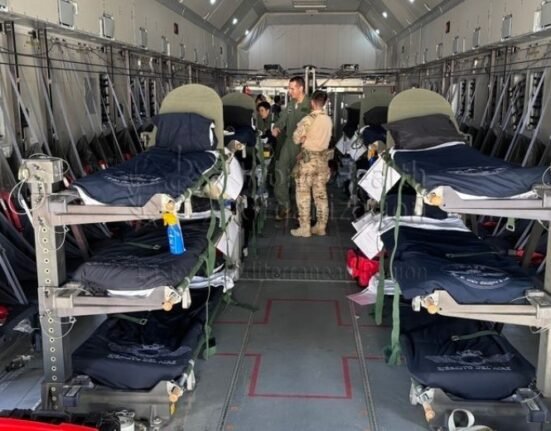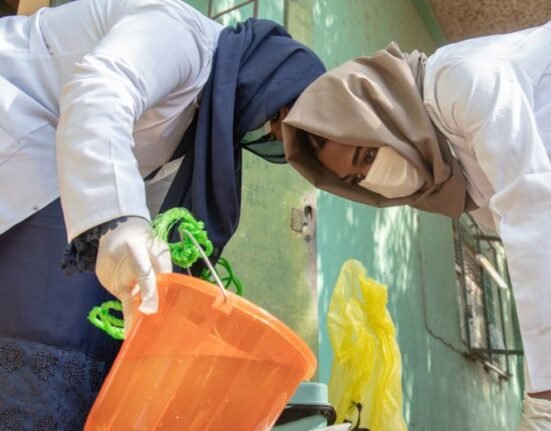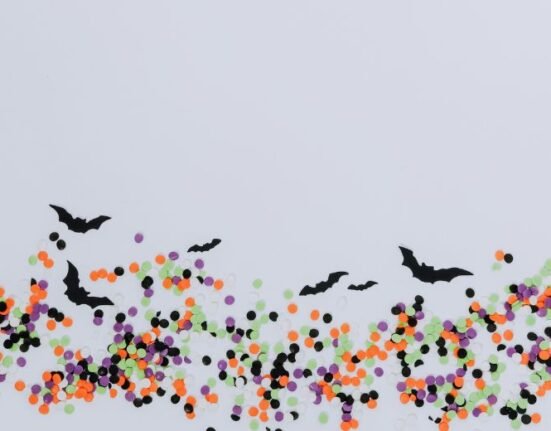HQ Team
October 20, 2022: A shortfall of cholera vaccines in the global stockpile has forced four international health agencies to temporarily shift to a single-dose strategy from an earlier two, according to the WHO.
The WHO, UNICEF, Médecins sans Frontières and the International Federation of the Red Cross and Red Crescent Societies have jointly managed a global stockpile of cholera vaccines to help control epidemics since 2013.
“However, the current wave of outbreaks is putting unprecedented pressure on the stockpile,” according to a WHO statement.“As a result, the four agencies have decided to suspend the two-dose strategy in favour of a one-dose strategy so that more people receive some protection from limited stocks.”
Worldwide, 29 countries have reported outbreaks this year, including 13 countries that did not have spells last year.
Cholera Kills within a day
Cholera, a water-borne disease, can kill within a day. It can be prevented with two doses of safe and effective oral vaccines.
“The one-dose strategy has proven effective in previous outbreaks, although evidence on how long protection lasts is limited.
“However, this is less than ideal, and rationing must only be a temporary solution. In the long-term, we need a plan to scale up vaccine production as part of a holistic strategy to prevent and stop cholera outbreaks.”
Most infected will have no or mild symptoms, and an oral rehydration solution will work.
The WHO unveiled a global strategy in 2017 on cholera control, ‘Ending Cholera: a global roadmap to 2030,’ with a target to reduce cholera deaths by 90%.
With a two-dose regimen, when the second dose is administrated within six months of the first, immunity against infection lasts for three years.
Immunity to shorten
“The benefit of supplying one dose still outweighs no doses: although the temporary interruption of the two-dose strategy will reduce and shorten immunity.
“This decision will allow more people to be vaccinated and provide them protection in the near term, should the global cholera situation continue deteriorating. The current supply of cholera vaccines is minimal.”
The International Coordinating Group coordinates the emergency response for the four global health agencies. The ICG manages the global stockpile of oral cholera vaccines.
Of the 36 million doses forecast to be produced in 2022, 24 million have already been shipped for preventive (17%) and reactive (83%) campaigns.
The ICG approved an additional eight million doses for the second round of emergency vaccination in 4 countries.
Maximum capacity
Vaccine manufacturers are producing at their maximum current capacity, so there was no short-term solution to increase production.
The temporary suspension of the two-dose strategy will allow the remaining doses to be redirected for any needs for the rest of the year.
“The ICG will continue to monitor the global epidemiological trends as well as the status of the cholera vaccine stockpile and will review this decision regularly,” according to the statement.
Researchers have estimated that each year there are 1.3 to 4.0 million cases of cholera and 21 000 to 143 000 deaths worldwide due to cholera (1). Cholera is an acute diarrhoeal disease that can kill within hours if left untreated.
Cholera is a virulent disease that can cause severe acute watery diarrhoea. It takes 12 hours and five days for a person to show symptoms after ingesting contaminated food or water. Cholera affects both children and adults and can kill within hours if untreated.
Most people who develop symptoms have mild or moderate symptoms, while a minority develop acute watery diarrhoea with severe dehydration. This can lead to death if left untreated.








